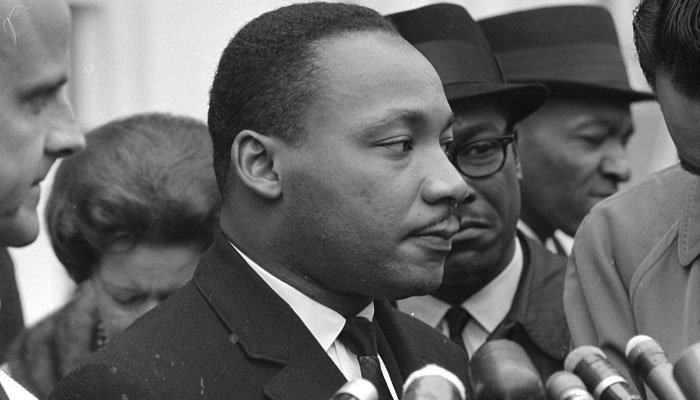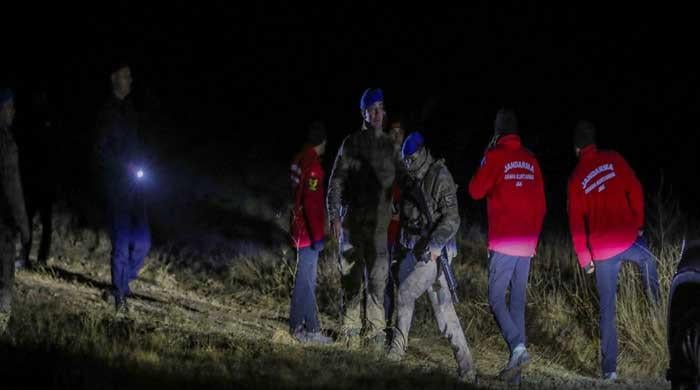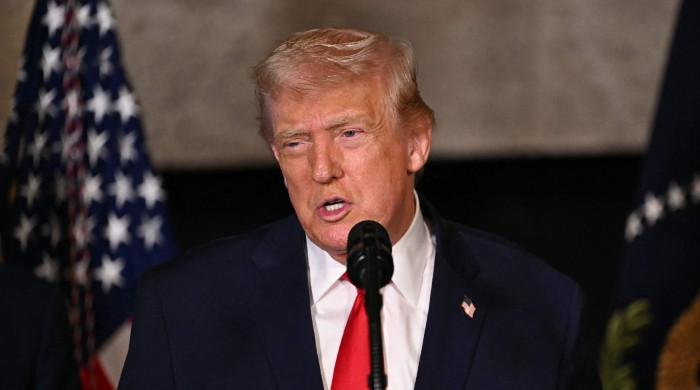Martin Luther King Jr predicted getting shot moments before assassination, documentary reveals
"They might take a shot at me, but one of you will be jumping in front and take it for me," said MLK Jr
January 15, 2024

A recently aired documentary, titled "I AM MLK JR," sheds light on a previously undisclosed conversation Martin Luther King Jr had with reporters just moments before his tragic assassination. In this revealing account, Andrew Young, one of King's confidants, shared details of the exchange that took place in Memphis on April 4, 1968.
According to Young, as a group of reporters were present, one jokingly commented on keeping a camera on Dr King, anticipating a potential shooting. In response, King made a playful remark, stating, "Now, I’ll tell you what’s going to happen. They might take a shot at me, but one of you all will be jumping in front and take it for me."
Shortly after this lighthearted exchange, someone interrupted, reminding them of a dinner appointment at 6 o'clock. Tragically, King was shot and killed while standing on a balcony at the Lorraine Motel.
The documentary also provides insights into King's demeanor on that fateful day, with Young noting that King appeared unusually jovial and free. The film, airing on The CW, delves into King's life, character, and moments of personal challenge and elation, featuring interviews with various activists, writers, and outspoken celebrities.
The exploration of Martin Luther King Jr's legacy continues with the upcoming National Geographic's Genius series, Genius: MLK/X. This eight-part series delves into the formative years, achievements, philosophies, and personal relationships of both King and Malcolm X. The wives of these historical figures, Coretta Scott King and Betty Shabazz, will also be highlighted as formidable equals in the civil rights movement.









